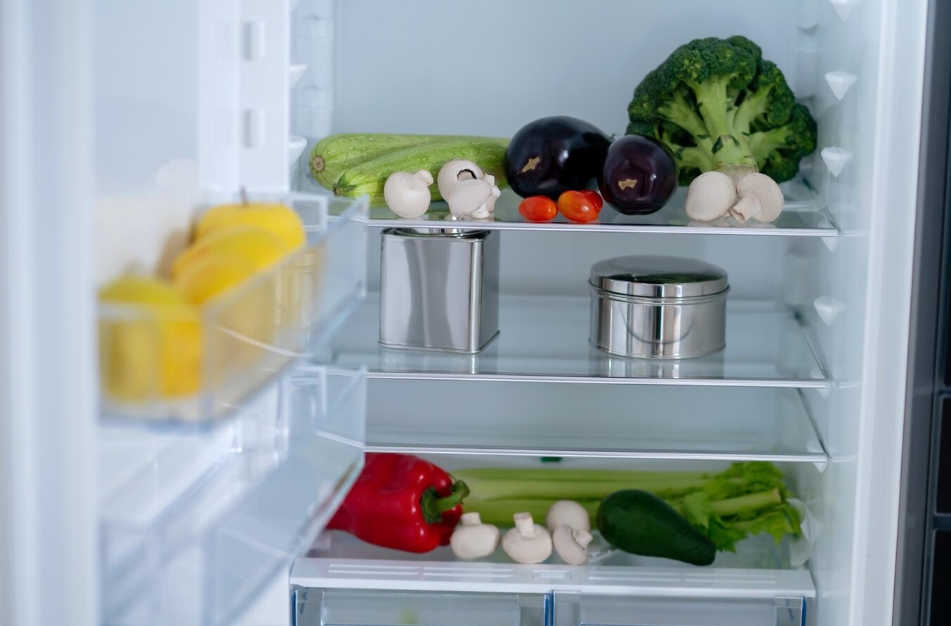Eight fruits and vegetables Kenyans should avoid putting in the fridge

Storing certain fruits and vegetables in the fridge can do more harm than good, affecting their taste, texture, and nutritional value.
While refrigeration is often seen as the best way to preserve the freshness of fruits and vegetables we get from our shamba or at the market, not all produce thrives in cold temperatures.
In fact, storing certain fruits and vegetables in the fridge can do more harm than good, affecting their taste, texture, and nutritional value.
More To Read
- How to make sweet and savoury plantains at home
- Home living: 10 essential items Kenyans should replace at least once a year
- Bariis: Beginner’s guide to making the perfect Somali rice
- 10 common foods you should never refrigerate
- 10 common foods you should never refrigerate: Experts explain why
- Basbousa: The classic cake bringing families together
Here is a detailed guide on eight common fruits and vegetables Kenyans should avoid refrigerating, and tips on how to keep them fresh longer.
1. Tomatoes
This is quite common for some Kenyan households. In fact, Kenyans love tomatoes in their sukuma wiki dishes and beef or other food. But storing them in the fridge can ruin their taste and texture, turning these kitchen staples into a disappointing mess.
The cold, humid environment inside the fridge encourages the growth of certain moulds and fungi, like white mould (Sclerotinia), especially if the tomato’s skin is damaged or if condensation forms on the surface.
This moisture creates the perfect conditions for mould spores to thriv,e which is not safe to consume.
2. Avocados
A favourite in salads and spreads, avocados develop a gritty texture and lose their rich creaminess when chilled.
It is best to leave them on the countertop to ripen naturally. Once fully ripe, you can refrigerate them to slow down overripening.
3. Bananas
A beloved breakfast fruit across Kenya, bananas react badly to cold.
Therefore, putting them in the fridge causes their skin to turn black, prematurely and slows down the ripening process inside.
Keeping bananas in a cool, shaded place will ensure they remain fresh longer.
4. Onions
Many households use onions daily in stews and sauces.
When stored in the fridge, onions can become soft and mouldy due to the moisture.
Instead, keep them in a cool, dry, well-ventilated space like a basket or mesh bag.
5. Potatoes
Common in many Kenyan dishes, from chips to stews, potatoes should never be refrigerated.
The cold temperature converts their starches into sugars, which affects taste and cooking quality; therefore, store potatoes in a dark, dry place with good airflow.
6. Garlic
Another staple in Kenyan kitchens, garlic loses flavour and can sprout when kept in the fridge.
The best storage is in a cool, dry place, away from moisture and sunlight.
7. Pineapples
While delicious and juicy, pineapples lose their natural sweetness and develop a grainy texture when put in the fridge.
To keep them fresh, store whole pineapples at room temperature and refrigerate only after cutting.
8. Sweet potatoes
Popular in rural and urban areas alike, sweet potatoes become hard and lose their sweetness in cold storage.
Like regular potatoes, they thrive best in a cool, dark, and ventilated environment.
With rising food prices and concerns, preserving fruits and vegetables correctly is more important than ever, to avoid having spoiled fruits and vegetables.
Tips for keeping produce fresh in Kenyan homes
Use breathable containers or baskets for items like onions, garlic, and potatoes.
Keep fruits like tomatoes and bananas on kitchen counters but away from direct sunlight.
For items that require refrigeration, like leafy greens and carrots, ensure your fridge temperature is consistent and avoid overcrowding.
Buy fresh and in small quantities to minimise storage time.
Top Stories Today











































